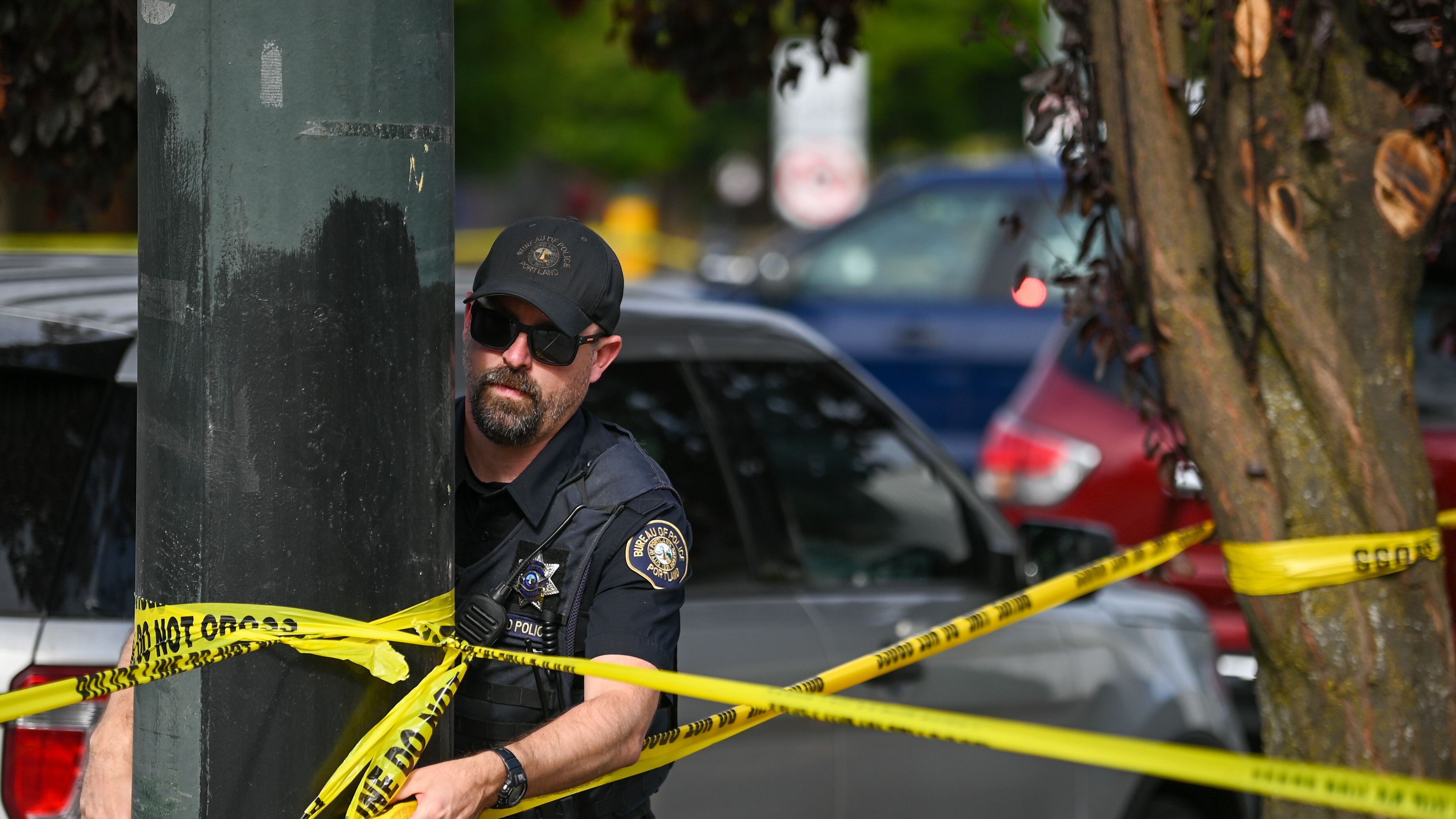THE CODE: 35A.040 Powers and Duties of the Oversight System
WHERE IT’S LOCATED: This significant clause is tucked into the most recent version of city code that spells out the purview for Portland’s new community police oversight board, which is expected next year to start scrutinizing cops accused of misconduct.
In November 2020, as Portland was still rocked by racial justice protests and riots, 82% of voters approved the creation of a new oversight board with broad powers to investigate, discipline and even fire Portland Police Bureau officers accused of wrongdoing. Activists, city officials and two police unions have been hammering out the details of the board in a yearslong code-writing process.
That’s coming to a close. Mayor Ted Wheeler’s office has released city officials’ final version of the code package, which incorporates feedback from the Portland Police Association and the U.S. Department of Justice. Stephanie Howard, the city’s director of community safety, and Heidi Brown, the deputy city attorney, hosted a community forum last week with advocates of police oversight, where they went through some of the changes made by city attorneys.
In the current draft, the 21-member oversight board would manage the new Office of Community-based Police Accountability, or OCPA. The City Council would appoint members. Officers and their family members would not be allowed to serve on it.
WHAT IT SAYS: “When there is an allegation of misconduct against the Chief of Police, the OCPA shall investigate the allegation and report its findings to the Mayor, unless the Mayor opts for another entity to perform the investigation.”
In other words: The mayor—not the oversight board—would have control over investigations of the police chief and would be the only person allowed to discipline the chief.
WHY IT MATTERS: Portland’s current oversight board, the Office of Independent Police Review, may investigate the chief in certain situations.
That played out as recently as 2016, when then-Chief Larry O’Dea accidentally shot a friend in the back while drinking and shooting at ground squirrels, lied about it to investigators, and resigned. The police review office released a 250-page investigation the following year.
Advocates of police reform, such as Dan Handelman of Portland Copwatch, had hoped the new board would have expanded powers over the chief.
Originally, it appeared it would: The ballot measure approved by Portland voters in 2020 states the oversight board has power over sworn PPB officers and supervisors, with no carve-out for the chief. It also says the mayor and other officials “shall not interfere in the exercise of the Board’s independent judgment.”
So what changed? Portland voters approved another ballot measure in 2022, overhauling the structure of city government.
That measure implements ranked-choice voting and expands the City Council. It also consolidates control of city agencies, including the Police Bureau, under the mayor and a city administrator. In last week’s public meeting, Brown, the deputy city attorney, contended the provision gives the city no choice but to place the chief out of the oversight board’s reach.
“If the charter wouldn’t have changed, we would have left that in there,” Brown said.
Handelman and 14 other members of the city’s former Police Accountability Commission, which helped write the code for the board, detailed their concerns about the proposed exemption for the chief and others in a letter to city officials last week. They took up the issue during the forum.
“The mayor can grant investigative immunity to the chief. That’s what it sounds like,” former commission member Seemab Hussaini said.
“Um, well, I suppose that’s right,” Brown responded. “At the end of the day, if they investigate the chief, the final decision about what to do with the chief of police…is in the mayor’s hands.”
Portland wouldn’t be an outlier if the new oversight board doesn’t have full authority to investigate Police Chief Bob Day or another chief. Nationally, such authority is not common, Cameron McEllhiney, executive director of the National Association for Civilian Oversight of Law Enforcement, tells WW.
“More often than not…they don’t have jurisdiction over the chief,” she says.
It’s unclear how Chief Day and rank-and-file cops feel about the clause. A spokesperson for Day says the chief is “working to do his part to support and implement the new community police oversight board. We don’t have any response to the proposed code at this time.” PPA president Aaron Schmautz did not respond to requests for comment.

